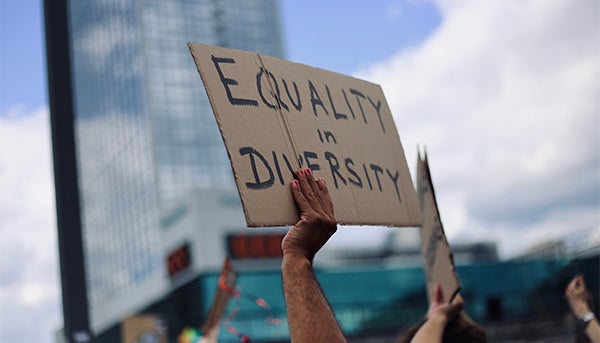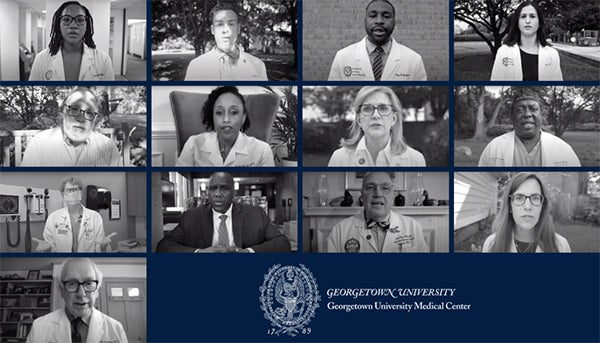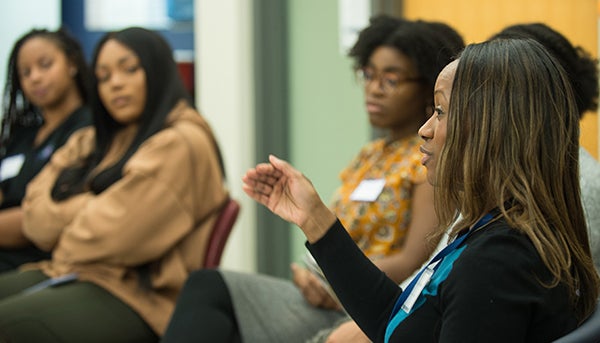Strengthening Global Regulatory Capacity for Equitable Access to Vaccines in Public Health Emergencies
August 3rd, 2024

We choose to work and learn together at Georgetown University because we value the dignity of each person, the pursuit of social justice, and actions that achieve common good through service to others. Fostering an inclusive and equitable community will allow us to thrive as a more diverse community.

The GUMC community puts its commitment to anti-racism, racial justice and equity into motion through dozens of structures, committees, grants, and pipeline programs, and with curriculum reforms and community engagement. Learn more by clicking on each icon below.

The Racial Justice Committee for Change (RJCC), a GUMC standing committee co-led by students, faculty and staff from around the Medical Center, develops specific recommendations for achieving greater inclusion, equity and diversity across schools and programs at GUMC.

The mission of the Subcommittee on Faculty Diversity & Inclusion is to cultivate and optimize the diversity of faculty in order to promote their full capacity to contribute to academic excellence in research and education across GUMC.

The Office of Diversity, Equity, Inclusion and Belonging carries out the Georgetown University School of Medicine’s commitment to cultivating, promoting and advancing the diversity and inclusion of students, faculty, and staff.

The Racial Justice Institute at Georgetown University is a research hub where scholars, activists, and thought-leaders work across the academic, policy, and advocacy spaces. It also seeds and inspires the next generation of scholars and leaders addressing the vestiges of enslavement and well-being of Black, Indigenous, and people of color. A co-director is homed at the School of Health.